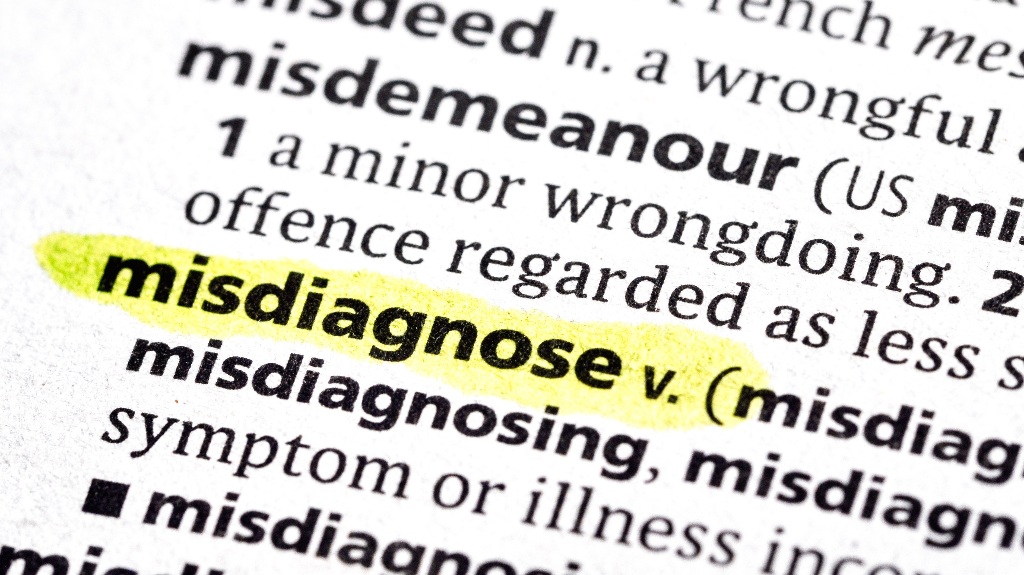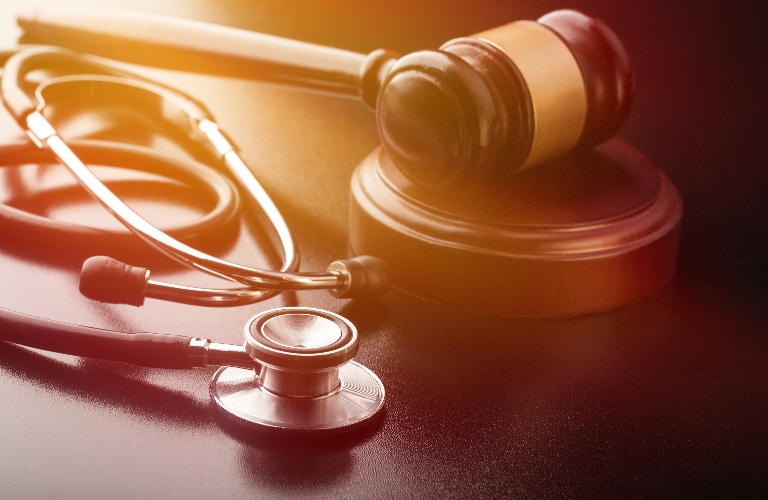
When you go to a doctor, you expect answers. You trust that your concerns will be taken seriously and that you’ll receive the proper tests, diagnosis, and treatment. But what if something goes wrong? What if a condition is missed entirely or diagnosed far too late? Can you sue for misdiagnosis or delayed diagnosis in Virginia?
In some cases, yes.
Not every diagnostic error qualifies as malpractice. But if a provider fails to meet the accepted standard of care and you suffer harm as a result, you may have grounds for a lawsuit.
What Counts as Misdiagnosis or Delayed Diagnosis?
A misdiagnosis occurs when your condition is identified incorrectly. Maybe a heart attack is mistaken for acid reflux, or cancer symptoms are dismissed as anxiety. The real problem goes untreated, and you pay the price.
A delayed diagnosis occurs when the correct diagnosis is eventually made, but only after a harmful delay. That delay can worsen your condition, limit your treatment options, or even cause permanent damage.
While not every mistake justifies legal action, serious harm that could have been prevented with timely care may amount to malpractice.
What You Need To Prove in a Virginia Misdiagnosis Case
To sue for misdiagnosis or delayed diagnosis in Virginia, you must show:
- A doctor-patient relationship existed
- The doctor acted negligently, failing to provide care that a reasonably competent provider would have under similar circumstances
- That negligence caused your injury
- You suffered measurable damages (e.g., added medical costs, lost income, pain, or a worsened health outcome)
Proving misdiagnosis or delayed diagnosis isn’t always straightforward. Not every diagnostic error amounts to malpractice. Doctors often have to make difficult decisions based on limited information, and some conditions are notoriously hard to detect. Because of this, Virginia law generally requires testimony from a qualified medical expert to show that the provider’s actions fell below the accepted standard of care.
Common Misdiagnosis Cases in Virginia
Some conditions are more frequently misdiagnosed or diagnosed too late, including:
- Cancer (breast, colon, lung, etc.)
- Heart attacks or strokes
- Infections like sepsis
- Blood clots
- Meningitis
- Ectopic pregnancy
In many of these cases, early detection is critical. A delay in diagnosis can drastically affect the outcome, even leading to death.
Virginia Medical Malpractice Law: What You Should Know
Virginia has strict rules for medical malpractice claims:

- Time limit: You generally have two years from the date of the alleged malpractice to file a lawsuit.
- Exceptions: Some exceptions exist, such as cases involving retained surgical objects or injuries not immediately discoverable. However, extensions are limited.
- Statute of repose: Even with exceptions, Virginia law typically bars claims more than ten years after the malpractice occurred, regardless of when the harm was discovered.
- Damage caps: As of 2025, total recoverable damages in a Virginia malpractice case are capped at $2.7 million, adjusted annually.
- Expert certification: Before your case can move forward, a qualified medical expert must certify that malpractice likely occurred.
What To Do if You Suspect Misdiagnosis
If you believe a misdiagnosis or delayed diagnosis caused you harm, act quickly. Gather your medical records, document your experience, and speak with an experienced malpractice attorney in Virginia.
The sooner you act, the better. Evidence fades. Witnesses forget. And legal deadlines are strict.
Contact Hollingsworth PLLC Today To Review Your Case
At Hollingsworth PLLC, we help patients and families hold negligent medical providers accountable. If you’ve been harmed by a misdiagnosis or delayed diagnosis, we’re here to help.
We offer personalized legal guidance and tough, strategic advocacy for clients across Virginia. Contact us today for a consultation.

